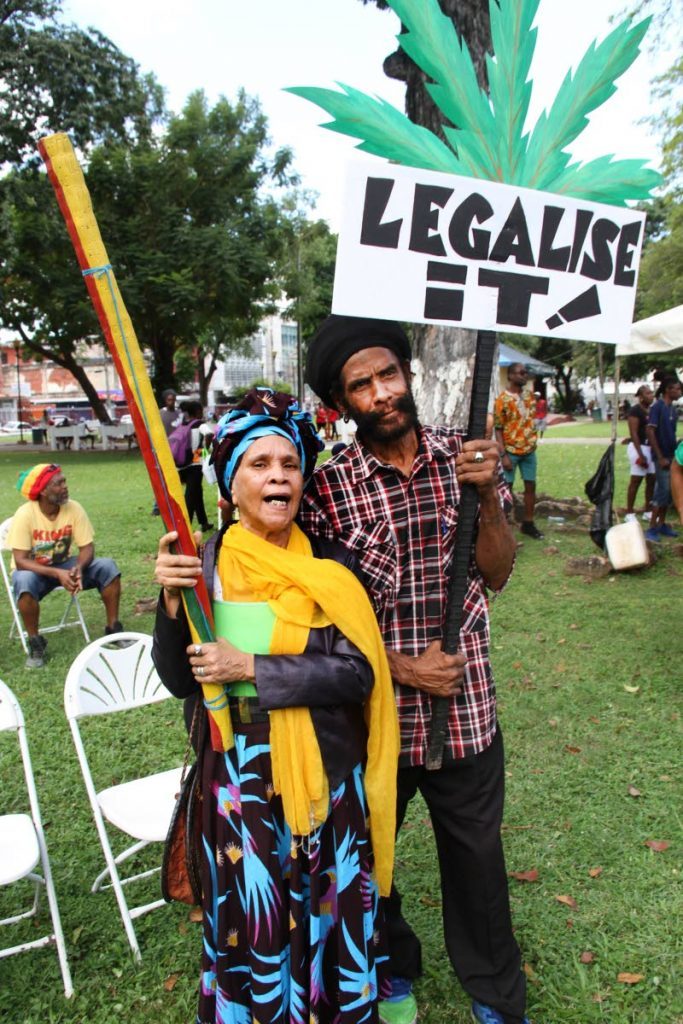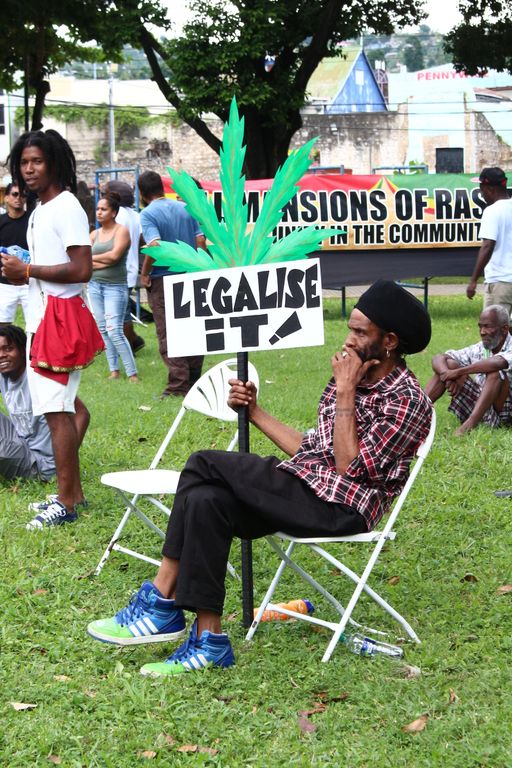The Prime Minister of Trinidad and Tobago, Keith Rowley, announced in late 2018 that the government would decriminalize marijuana in June 2019.
However, discussions on this matter have continued up to July 2019 which leaves people wondering when exactly this law will come into effect.
If the law is passed, Trinidad and Tobago will be amongst a handful of Caribbean countries that have decriminalized marijuana.
Reasons for decriminalizing cannabis includes reducing drug trafficking, lightening the load on the judicial system and helping to boost local economies, as reported by Global Voices.
The initial announcement from Prime Minister Rowley shocked many because he had previously stated that the decriminalization of marijuana was not his priority. He may have been influenced by the recent laws passed in Antigua, Barbuda and Jamaica to decriminalize marijuana.
Currently, many citizens of Trinidad and Tobago get arrested for possession of marijuana — subjecting them to a fine of TT $25,000 (#3,690 USD) and up to five years in prison.
Both the fine and the incarceration time could be increased depending on the amount of marijuana found.
If marijuana is decriminalized in Trinidad and Tobago; possession of marijuana for personal use will have no penalties.
The decriminalization of cannabis still does not mean that it is legalized — in fact, cannabis will still be illegal to consume in public places and there will be penalties if caught.
Darius Figuera, a local criminologist, believes that decriminalizing marijuana would drastically lower marijuana-related crimes.
“The reality is that prohibition has failed to dampen demand. In fact, demand in 2019 outstrips demand in the ’90s and this demand has exploded because we have a whole digital generation now who makes it clear to you that they have rejected this prohibition talk and insisted that ganja is necessary for well-being,” says Figuera.
According to Global Voices, many economists believe the decriminalization of marijuana will have major effects on the economy.
For example, countries that seek medicinal marijuana will turn to countries that have thriving cannabis import and export potential.
Rastafarians in Trinidad are also pushing for the decriminalization of marijuana so they can freely practice their religion without the fear of being arrested.

Despite the pros of decriminalization, some think it will make crime worse in Trinidad and Tobago.
If the decriminalization is passed this year, it will be historic.
